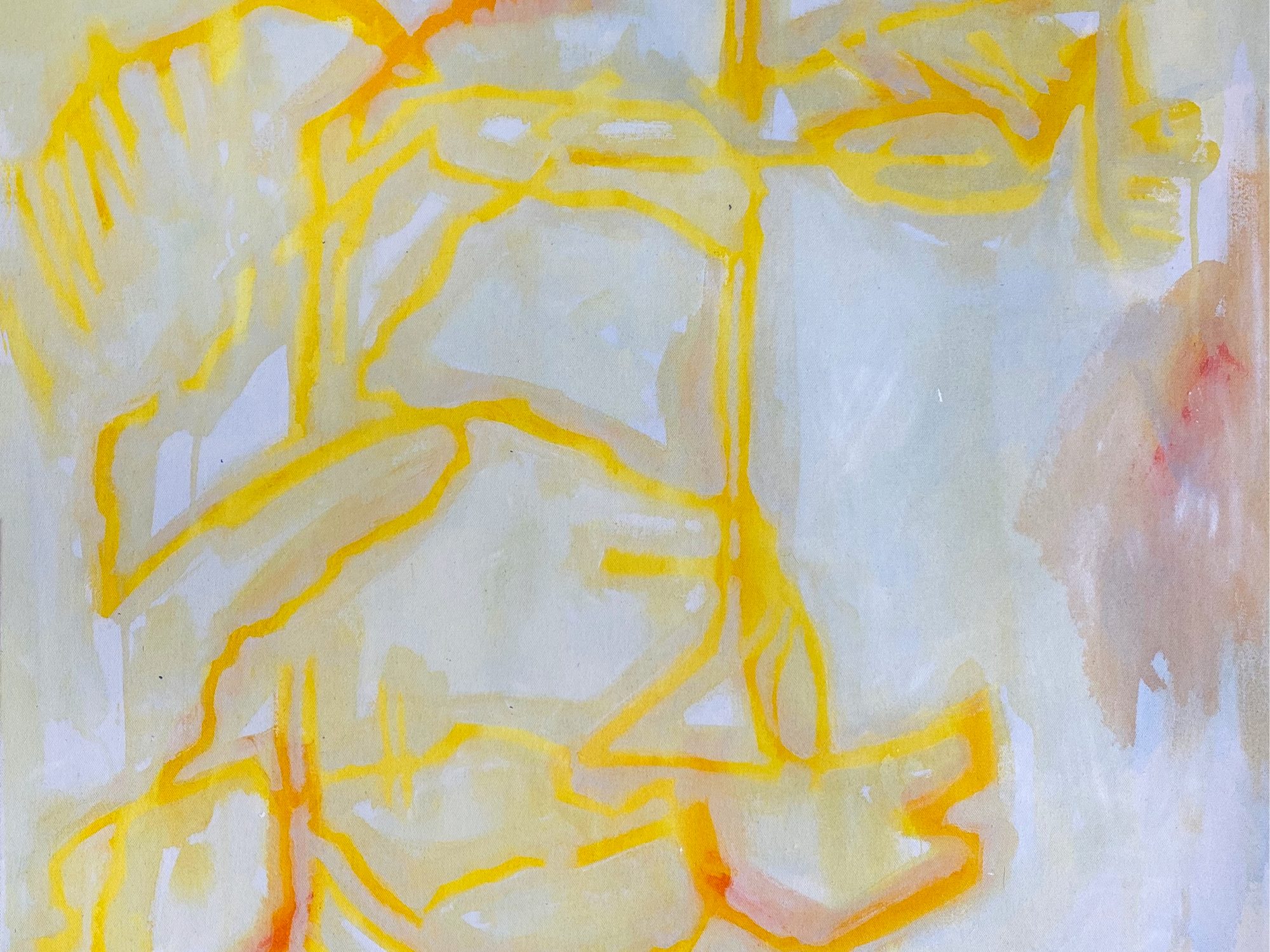At an essay-writing workshop during the recently concluded British Virgin Islands Literary Festival 2022, I asked participants to say whether they felt an assemblage of objects – specifically an assemblage of objects put together by the Trinidadian writer Kevin Adonis Browne – could constitute an essay. One third of the participants said yes without hesitation, one third said no, and the remainder offered one position and then, as the votes were being counted, switched allegiance.
I begin my introduction with this story because to my mind it demonstrates just how unstable the categories, forms, techniques, and movements within literature can be. Such instability, I think, has particular implications for the Caribbean writer.
This issue of Moko features a selection of work from the 2022 Bermuda Biennial. The theme of the biennial, which runs at the Bermuda National Gallery until January 7, is ‘A New Vocabulary: Past. Present. Future.’ It’s a theme that not only matches the sense of change and transition precipitated by the ongoing global pandemic, but it also mirrors some of the messy questions of genre that any publication – and I dare say Caribbean publication – has to grapple with. (Special thanks to Peter R. Lapsley and Eve Godet Thomas of the Bermuda National Gallery, as well as all the artists and writers, for facilitating this supplement.)
To help the gallery celebrate its 30th anniversary, poets were invited, just like the biennial artists, to respond to the set theme. This gesture towards ekphrasis has had interesting results. At the onset, it places poets alongside painters, sculptors and video artists in a manner that does not suggest any kind of hierarchical relationship. Poems are ‘displayed’ within the gallery space, perusable as you take in the art. If confluences and relationships emerge, it is because each individual is somehow capturing the zeitgeist.
But every piece from the biennial (whose jurors were Claire Gilman, Alexandria Smith, and Richard Georges), selected here for publication in Moko has been chosen also because it in some way troubles the categories of genre we so often take for granted. These pieces exemplify how these categories are more – to borrow Jacques Derrida’s notion from his famous essay ‘The Law of Genre’ – contaminated than we would like to admit. To wit, Charlie Godet Thomas’ ‘Downpour Dream Song’, which he describes as an “Illuminated Manuscript”, pairs writing and imagery on newsprint. Cynthia Kirkwood’s delicate paintings recall asemic writing. James Cooper’s sculptures read like cheeky visual poems. Jessica Lightbourne’s poem ‘brood’, meanwhile, reminds us that a poem is first and foremost a visual thing, while Catherine Hay’s ‘A Reference’ underlines poetry’s chameleon quality: it can shapeshift, it can be costumed in the form of an essay, letter or, in this case, ostensible character reference.
Outside of Bermuda, this issue also features new writing from Judy Raymond, famed for her non-fiction, who here pens a work of flash fiction, itself a genre that refuses to draw hard and fast lines. (When does a work of “flash fiction” become a “story”? Is flash fiction a genre within poetry?) Robert Young, known for his iconic fashion line The Cloth, gives us a poem that is as discursive as the notion of a designer crossing over into words. And acclaimed novelist Lisa Allen-Agostini reminds us that she is also a poet through her appreciation of a single poem by Paula Obé.
The issue is rounded out by an essay from Moko’s co-founder Richard Georges, now the Poet Laureate of the British Virgin Islands. Richard heralds worlds yet to be written within the BVI and argues against essentialist notions of “national” literature. “A literature built out of this small place must be big enough to include both the romantic and the realist, the traditional and the avant garde, the sacred and the profane, the familiar, the esoteric, the mundane and the fantastic,” he says.
I hope all of this suggests that entrenching notions of nation language involves not only the embrace of de-colonized expression but also de-colonized forms and genres. Perhaps it is imperative for writers within the Caribbean space – because it is a space that is complex and multitudinous; that refuses to be pinned down – perhaps it is imperative for such a region’s writers to embrace fervently, within their thought and practice, and in the widest sense, new vocabularies.
– Andre Bagoo
